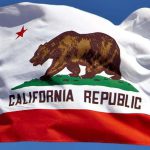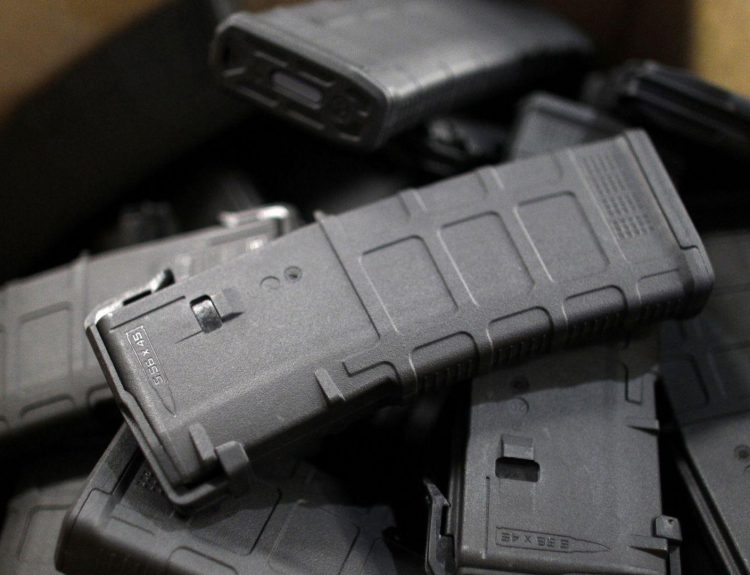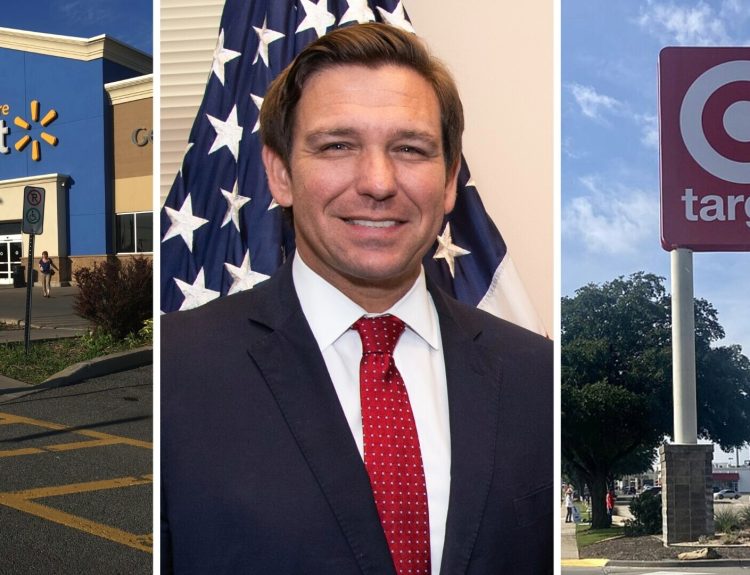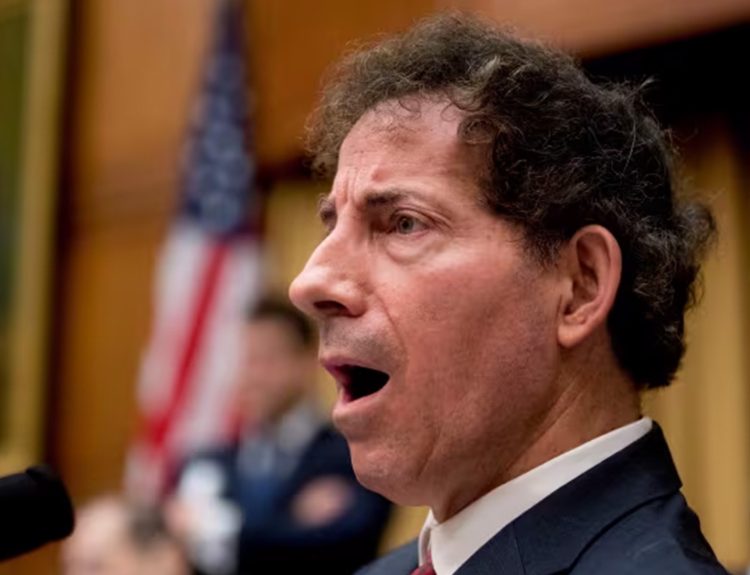Embracing “wokeness” doesn’t necessarily mean that a business will thrive financially, they could however experience significant backlash. Likewise, brands that have a tendency to cater social issues or those that make social statements can face boycotts. For some companies, taking a stand is important if it fits their brand, but when they stop paying attention to customers’ feelings, things get heated and unpleasant, at least for a while.
Pink Parcel
The period subscriptions service Pink Parcel put out a campaign with a transgender man in 2018.
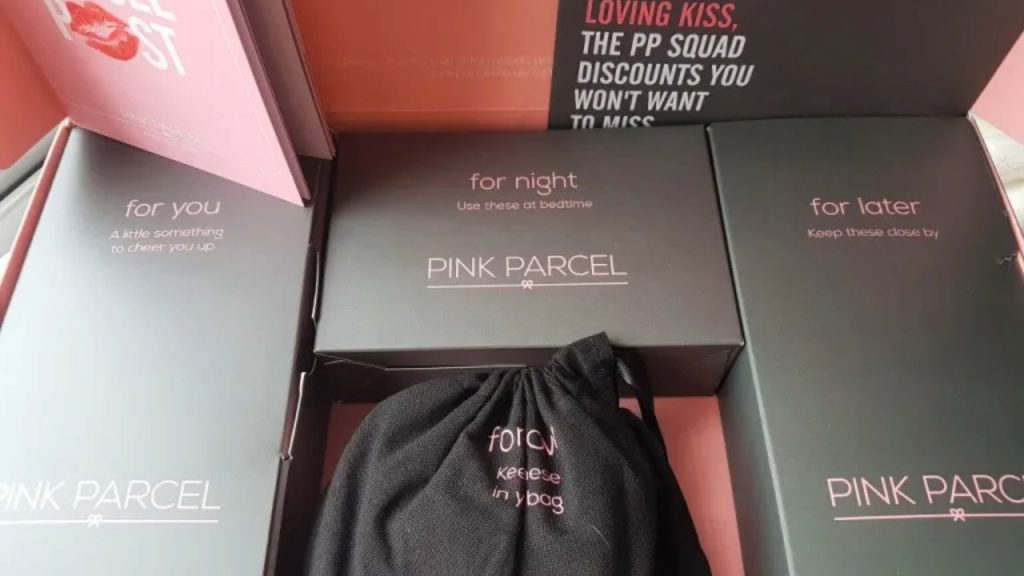
While the intention of the campaign was meant to break stigma, there is more than enough stigma surrounding biological women during their menstrual cycles. Many people felt the company should focus more on that before trying to break into other arena’s.
MyPillow’s
Mike Lindell, the CEO of MyPillow, faced a massive setback after getting too involved with politics. The decision wasn’t just a choice of right or left, but encompassed a series of promises to show the 2020 election winner was not President Biden.

The company suffered a serious loss of major advertising platforms and was dropped by many retailers.
Pepsi And Kendall Jenner
A 2017 short film faced swift criticism after Pepsi was accused of exploiting a deep rooted racial divide and attempting to solve it with a young Jenner offering a can of beverage to the police officer.
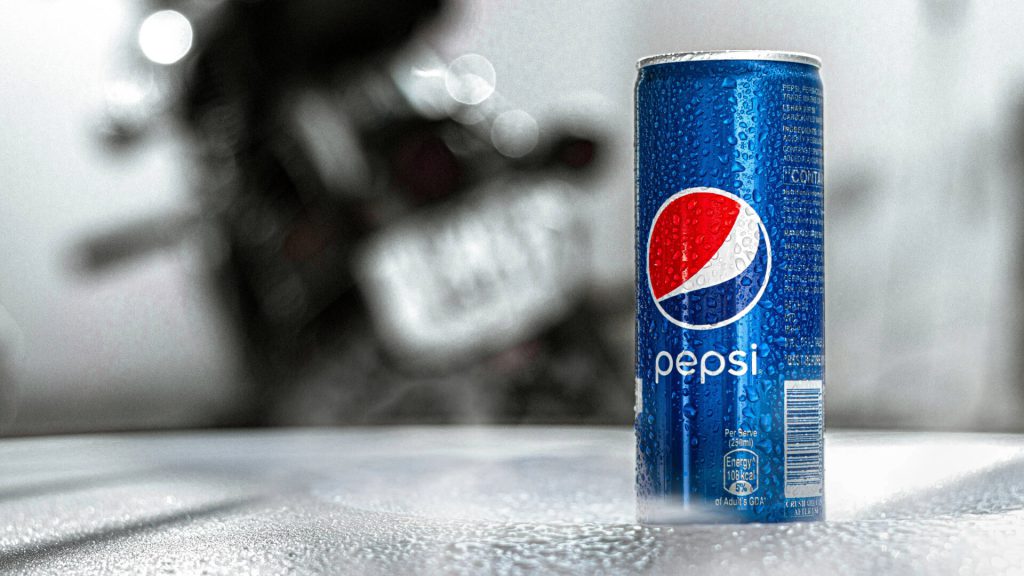
The ensuing backlash highlighted the seriousness of marketers needing to seek out outside perspectives, especially if they want to be engaged with social justice.
Bud Light
In April, Bud Light, once celebrated as the most popular beer company in the United States faced a serious setback with transgender influencer Dylan Mulvaney. While Mulvaney had worked with other brands previously, none had elicited the reaction that Bud Light did.
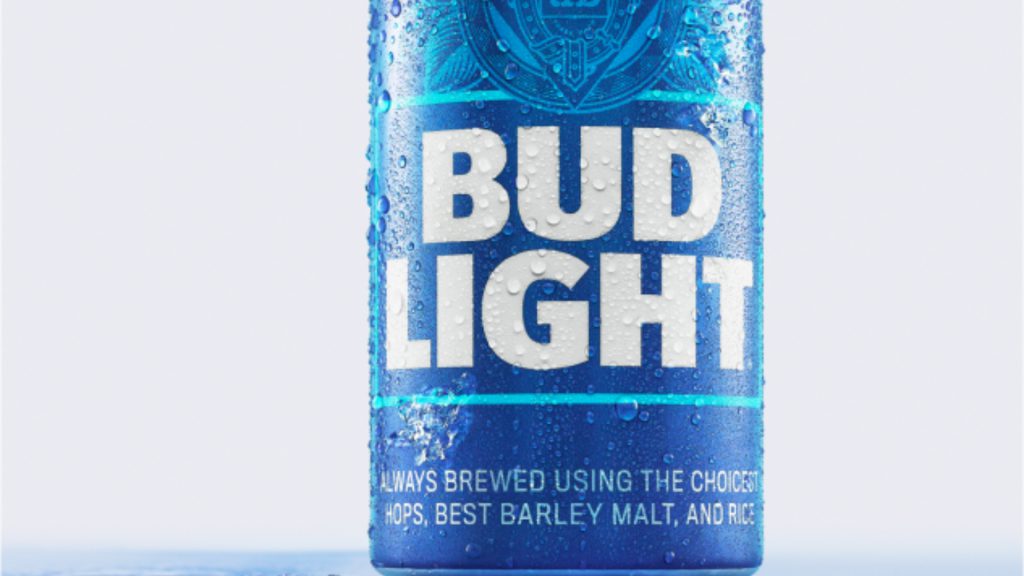
Some marketing experts attributed this backlash to the fact that the primary customer for the beer company is young men with low to moderate incomes.
Victoria’s Secret’s
A decade ago, the lingerie brand debuted a campaign for a new bra line with the tagline “ The Perfect Body.”
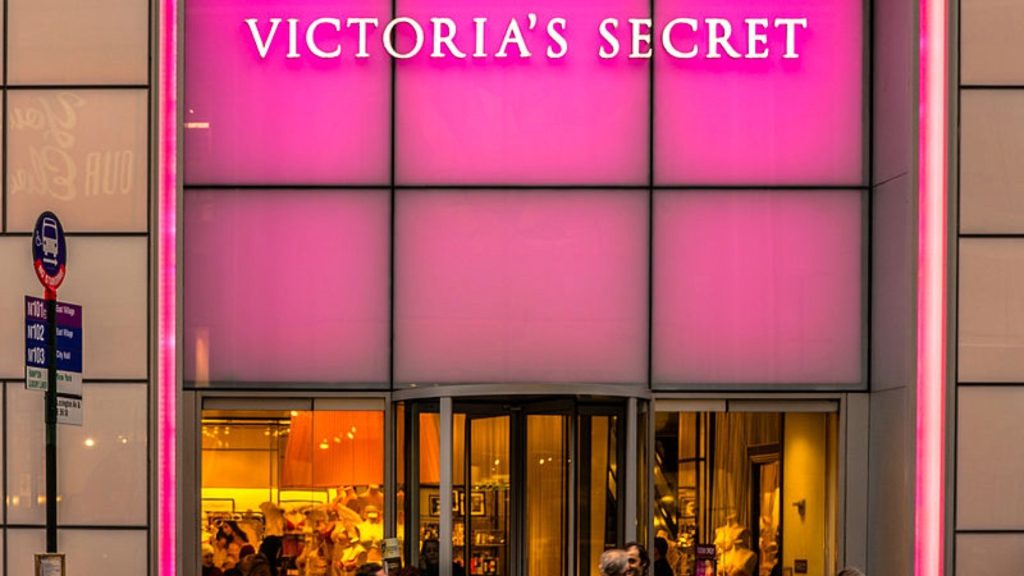
The advertisement showcased Victoria’s Secret angels, but garnered serious criticism for extreme editing. It seemed as though all the imagery depicted tall and skinny body shapes, the company would later apologize for the unhealthy and harmful message.
Victoria’s Secret’s Rebranding
The lingerie powerhouse took a shocking turn towards the “woke” agenda when they showcased an ad with a plus sized transgender female in 2018.
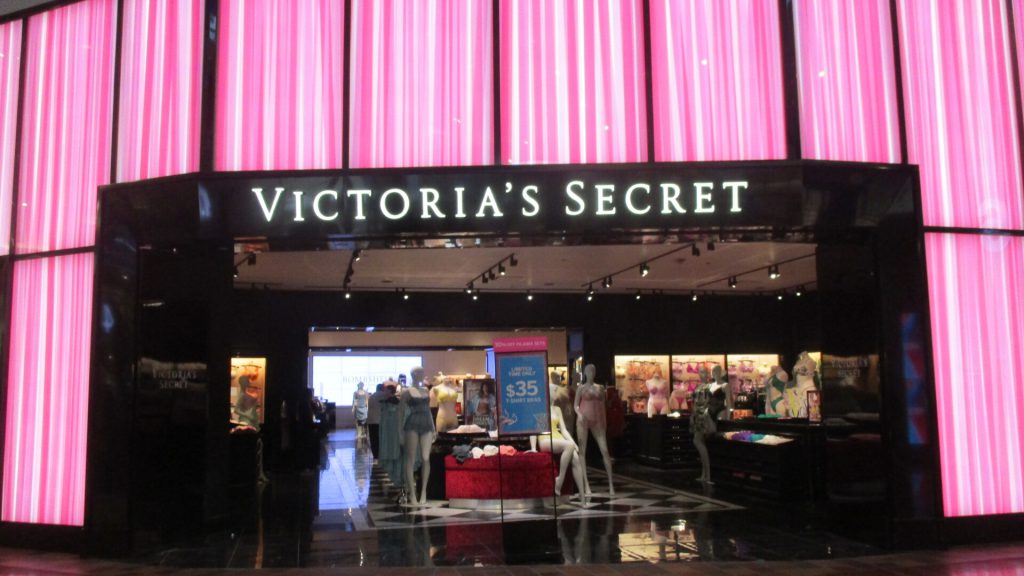
The company then rebranded towards a feminist view point, and it wasn’t received well to say the least.
Equinox, SoulCycle
In late 2019, billionaire Stephen Ross, known for his investment in SoulCycle and Equinox gym, faced significant backlash because of a fundraiser for Donald Trump. SoulCycle tried to defend themselves by highlighting the fact that Ross is a passive investor, and they were not involved in political fundraising.

The biggest problem with this is that Equinox and SoulCycle were aligned with the LGBTQ community, so they were going to get pushback either way. .
Paramount
Paramount made a decision to cast Scarlett Johansson as a Japanese character in “Ghost in the Shell” and it ignited accusations of “whitewashing,” boycotts,. It also raised concerns about Hollywood’s commitments (or lack of) to diversity.
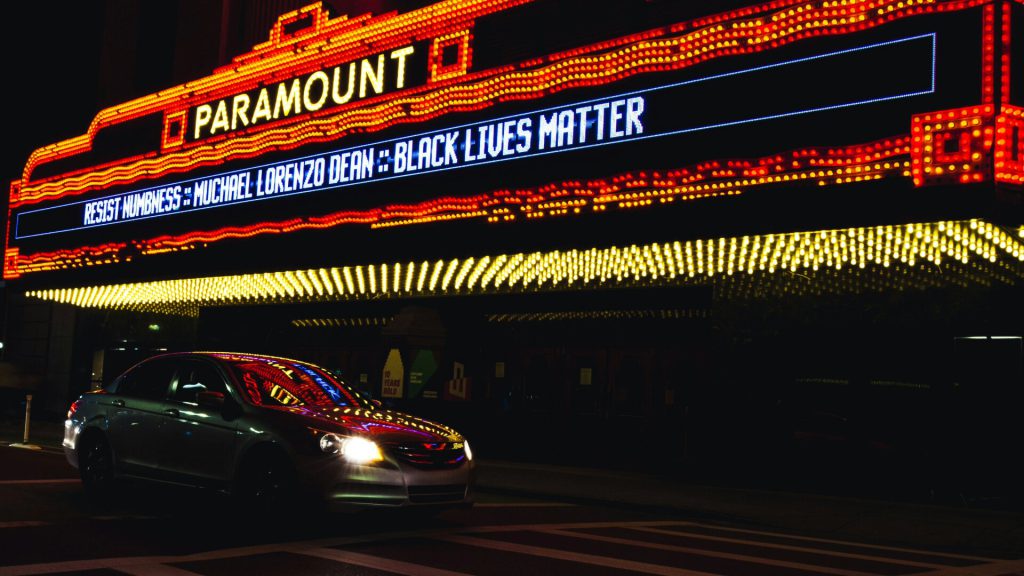
A report came out a year later about the actress taking on the role of a transgender man, but she would later back out of the project because of the negative response.
SpaghettiOs
On the 72nd anniversary of Japan’s attack on the Pearl Harbor base, the well known canned pasta maker SpaghettiOs released a tweet that featured its mascot holding an american flag,asking people to remember #PearlHarbor with them.
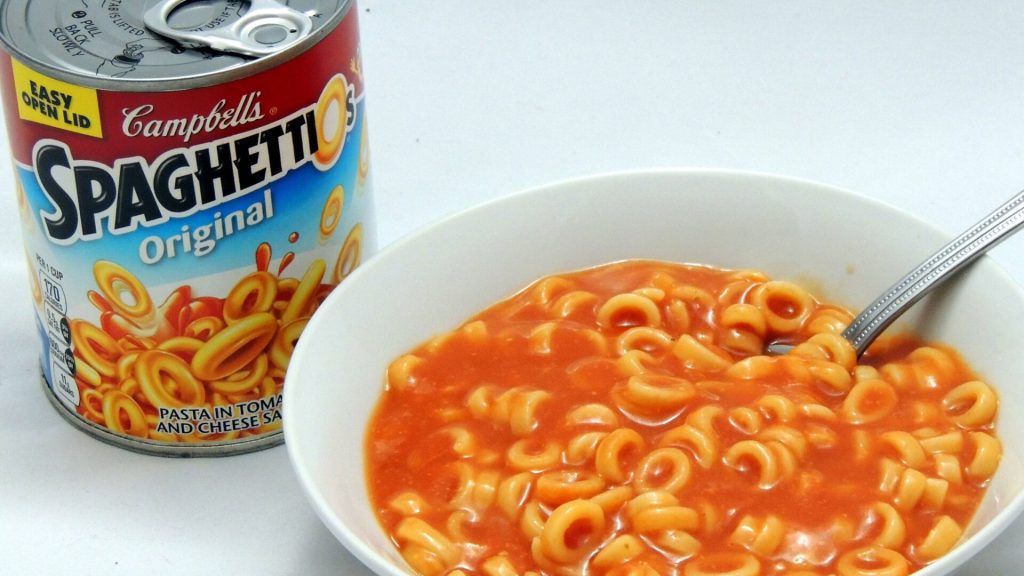
The company later gave an apology to their customers, but people were confused about what the post was trying to suggest.
Snapchat’s “Slap Rihanna or Punch Chris Brown”
In 2018, the app posed a troubling question to its users; to slap Rihanna or punch Chris Brown?
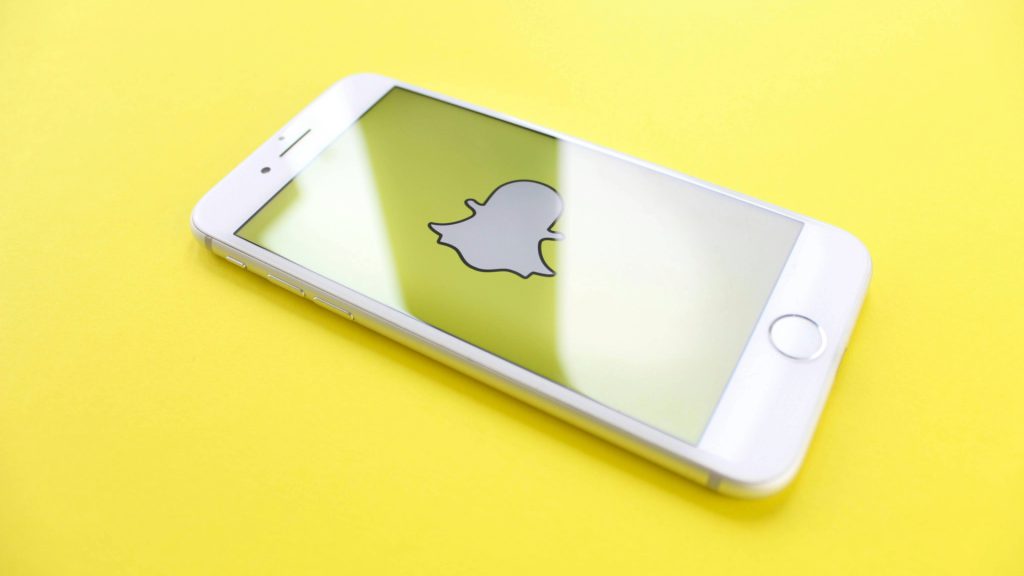
This sparked controversy because the former couple had spent time in court after there were allegations of Brown being involved with domestic violence with Rhianna in 2009.
Nike And Dylan Mulvaney
Nike has done fairly well in the past with controversial ads, but when the company made the choice to partner up with a transgender influencers to promote Nike bras and leggings, it did not go over well.
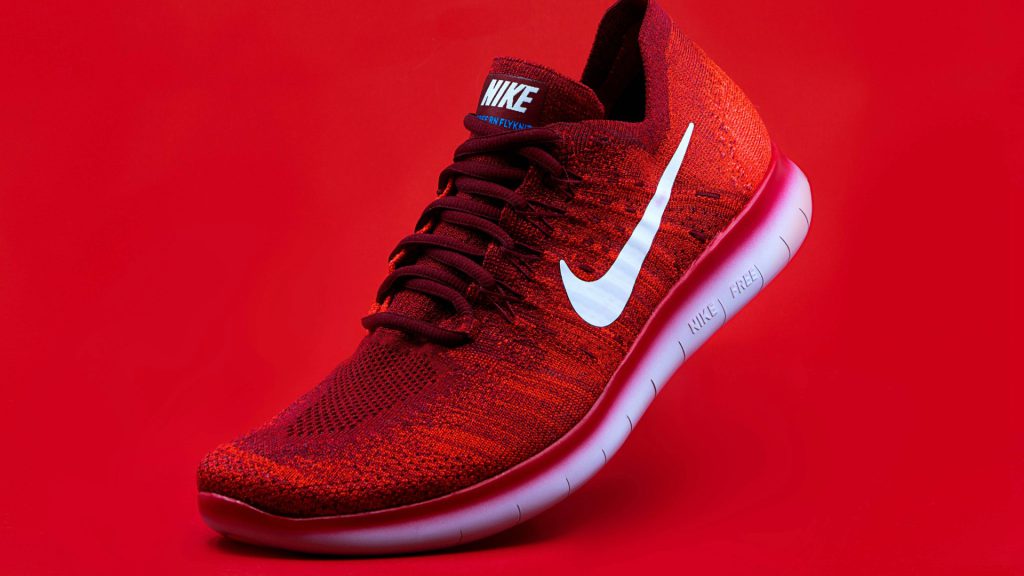
Swimmer Sharron Davies and tennis legend Martina Navratilova asked the same question. Still, the criticism was not as harsh as Bud Light’s.
Gillette
Gillette is known for its promotion of masculinity, in 2019 an ad attempted to mimic the ideals of the #MeToo movement.
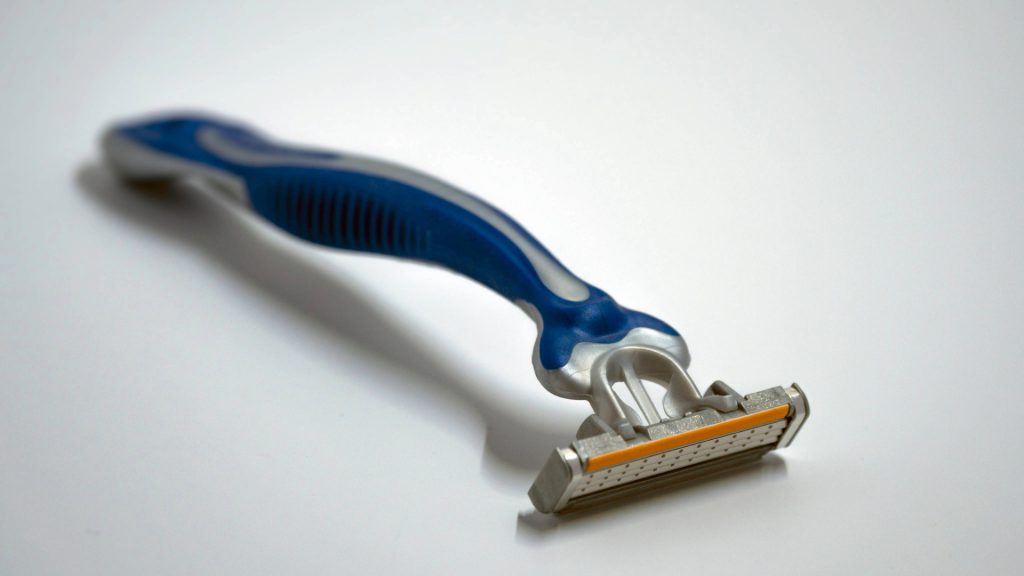
The problem with that is that according to social media, the ad made it seem as though all men do is fight BBQ, and harass women.
Honey Birdette
For its 2023 campaign, Australian lingerie company Honey Birdette chose to feature a non-binary burlesque performer and model Jake Dupree.
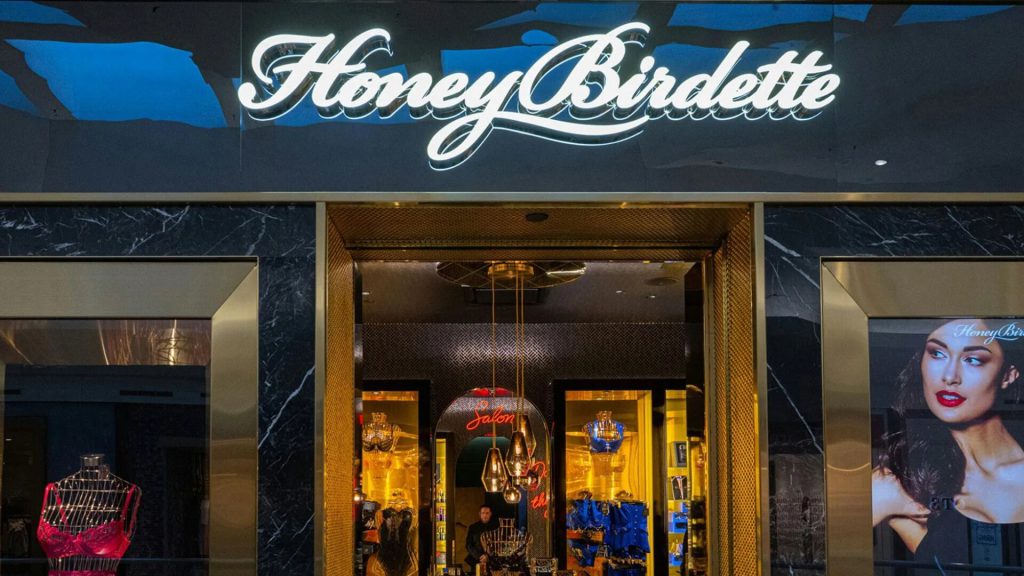
Despite facing significant criticism, the company stood by their decision.
Starbucks
The company’s “Race Together” campaign was supposed to ignite a national discussion about race relations.
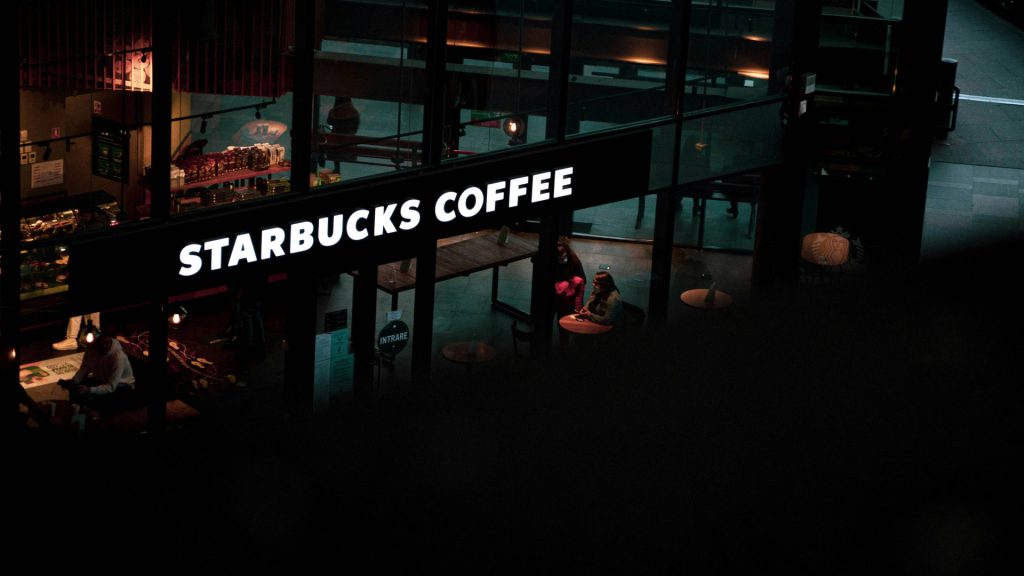
Baristas were encouraged to write the slogan on customers’ cups, but all efforts fell flat. For one, people wanted Starbucks to solve its diversity shortcomings while asserting these conversations with customers may be more than Starbucks can deal with.
The North Face
The lighthearted advertisement that was created by The North Face featured a drag queen Pattie Gonia for a Summer of Pride campaign. It didn’t generate much support, in fact it was quite the opposite.
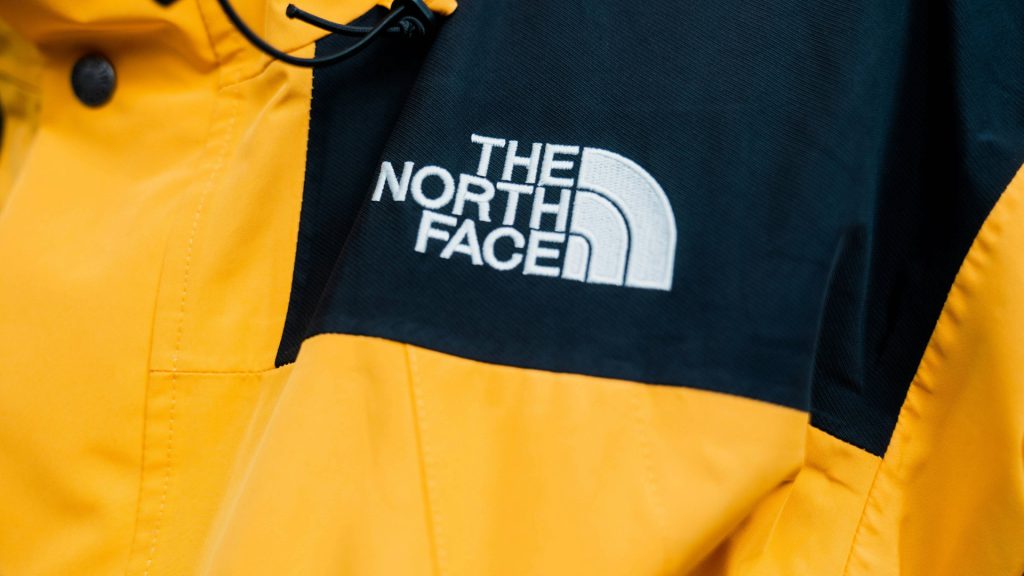
Although the ad managed to stay out of the mainstream limelight, it would generate backlash from Marjorie Taylor Greene who went to X to express her opinion about the company, she blatantly told her followers not to support the brands exploit of children.
McDonald’s
The driving force of advertising is honesty, so when McDonald’s turned their M into a W for a women in support of women, International Women’s day in 2018, people wanted to know this was meant to help women.
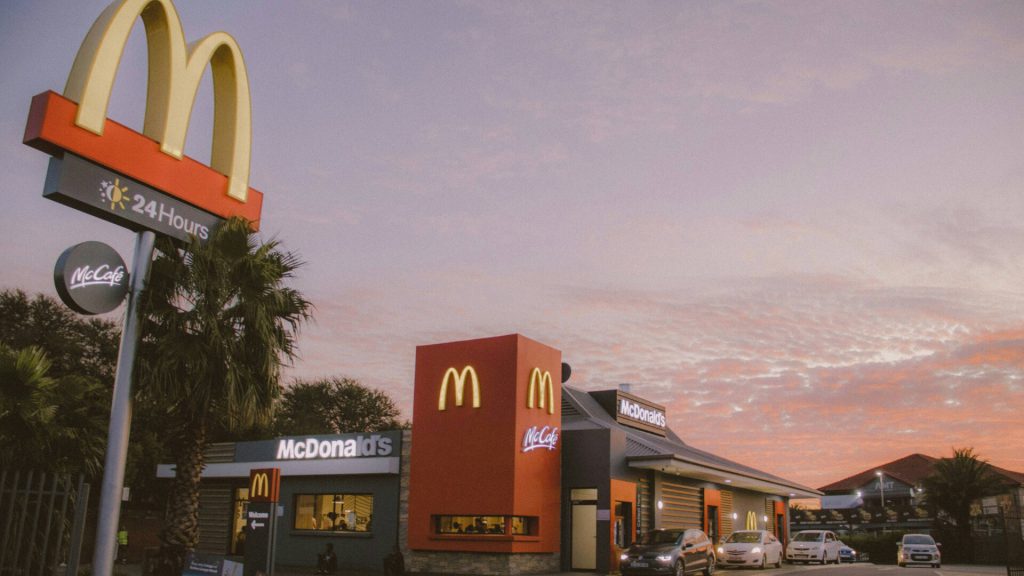
A lot of people wanted the company to make improvements to the conditions of female employees, instead of using a day to flip one letter.
Hyundai
In 2013, Hyundai’s unveiling of the new hydrogen-powered ix35, with 100% water emissions, caused a public outrage from the public when an ad came out that featured a man trying to take his own life.
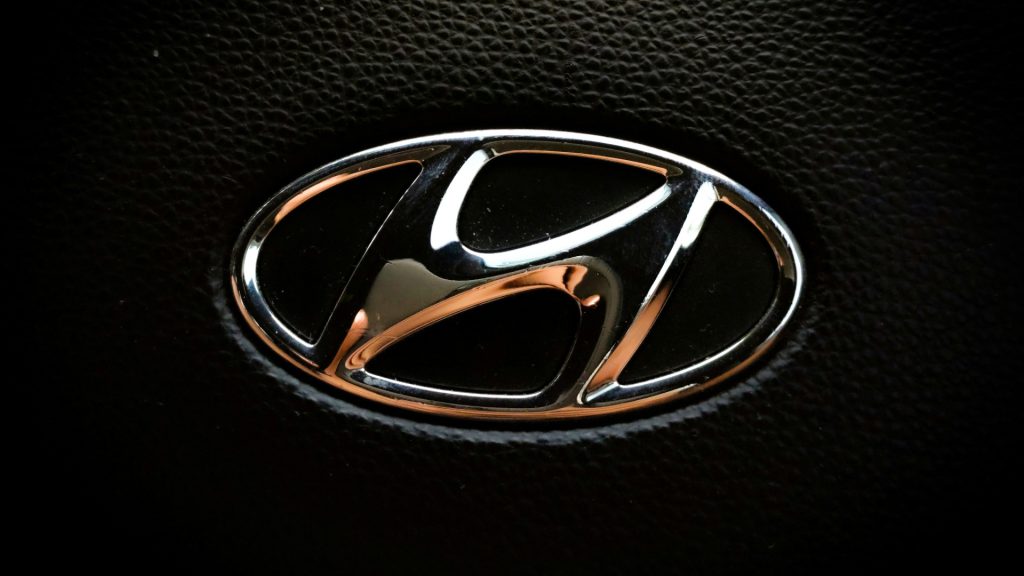
The man failed, and no one liked Hyundai’s green initiative because the ad was a complete failure for obvious reasons.
Jack Daniels
Jack Daniels was faced with calls for boycotts in 2021 because of its ad that featured a drag queen from Ru Paul’s Drag Race.
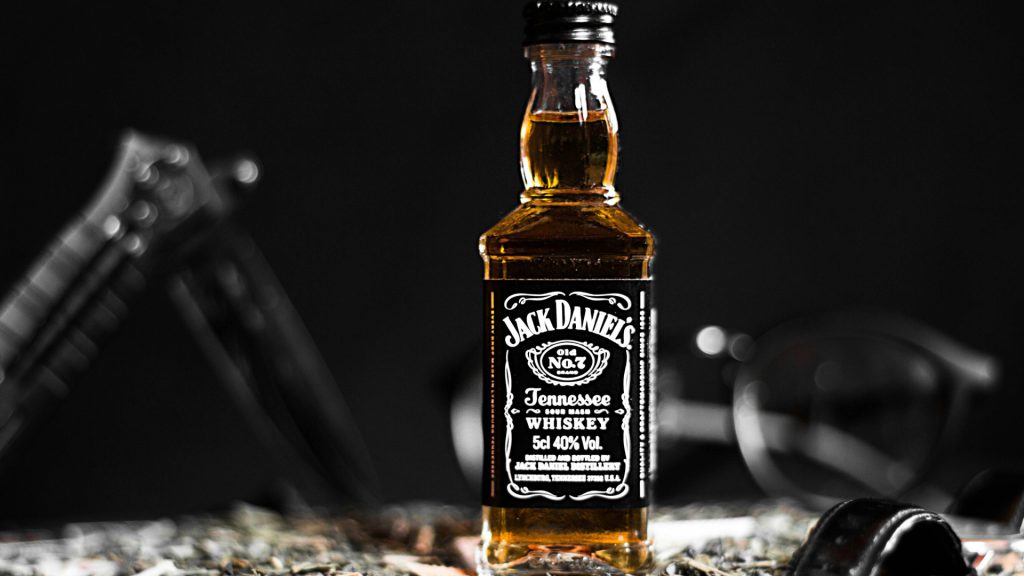
The most notable backlash came from a “superfan,” Pauly Michaelis, who filmed himself chucking Jack Daniel’s merchandise and setting whiskey on fire while yelling over the company going woke.
Adidas
The Adidas Pride collection for 2023 stirred controversy when the “woke” brand was trying to erase women.
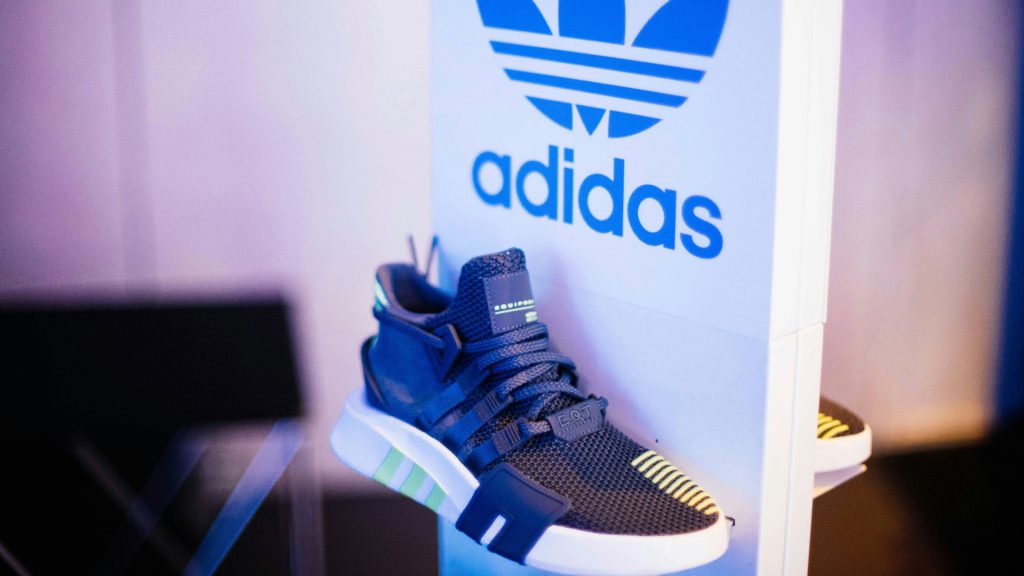
Known for his queer aesthetic, South African designer Rich Mnisi, partnered up with Adidas for this ad.uproar came from a certain image that depicted a male-presenting model advertising female clothes. Many wanted to know why not just call it unisex instead of headed down the same path the Bud Light did.
Target
In 2023 Target’s Pride collection faced serious backlash, partially because of incorrect information.
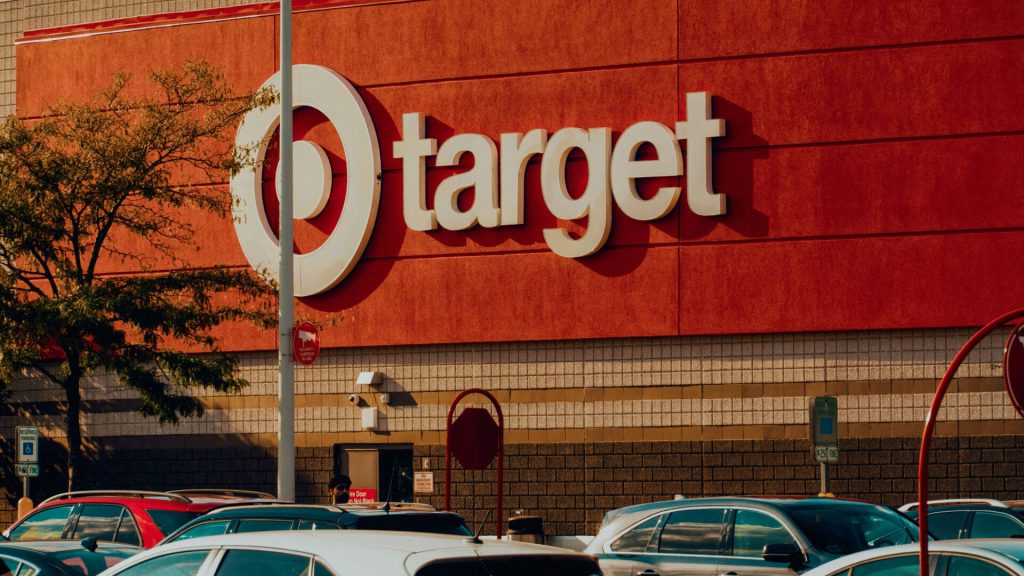
There were claims that the store was selling bathing suits for kids labeled “tuck-friendly,” the truth of the matter was those suits were for adults only. The company still lost a shocking $10 billion in just 10 days!
DiGiorno’s
Twitter, now known as X, became a platform for conversations about domestic abuse In 2014, where people shared stories under the #WhyIStayed hashtag.
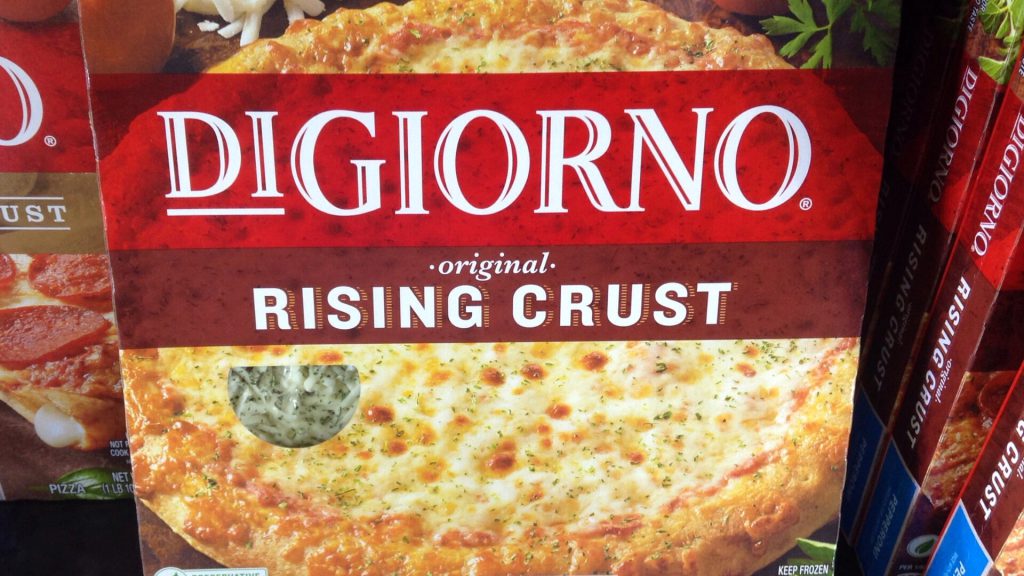
DiGiorno’s tweet read, #WhyIStayed You had pizza. The company was clearly missing the point behind the trending hashtag, and later would make attempts to apologize. Despite their efforts people were understandably still really upset.



